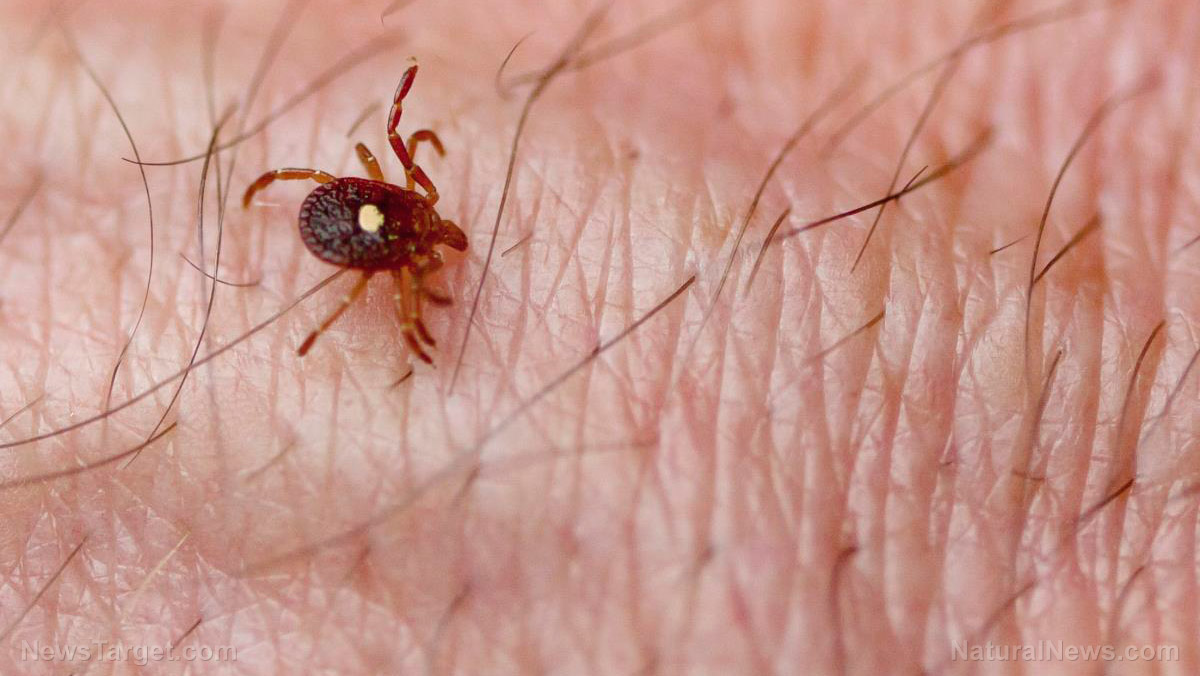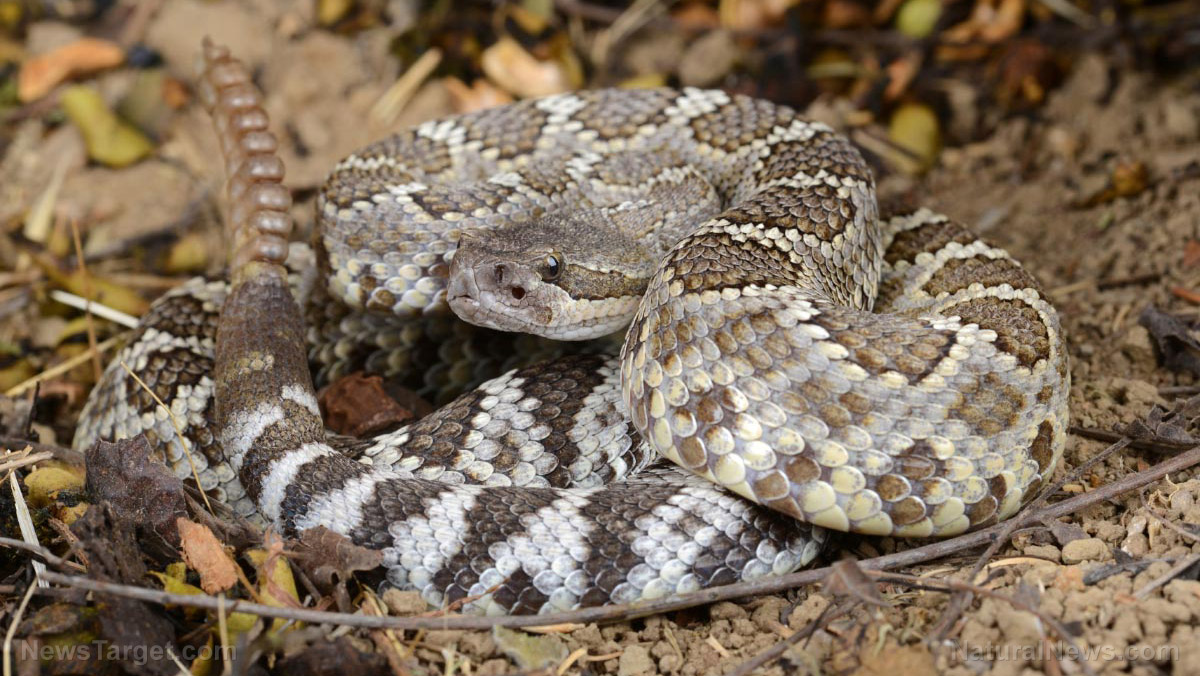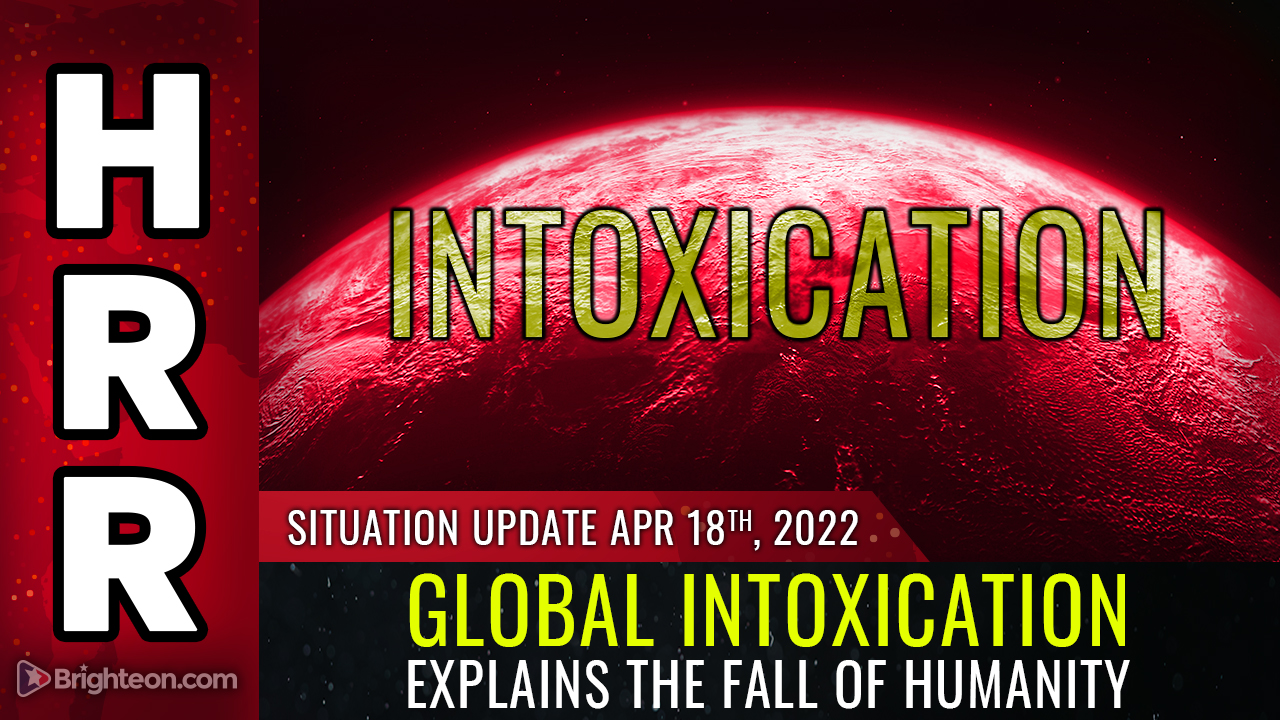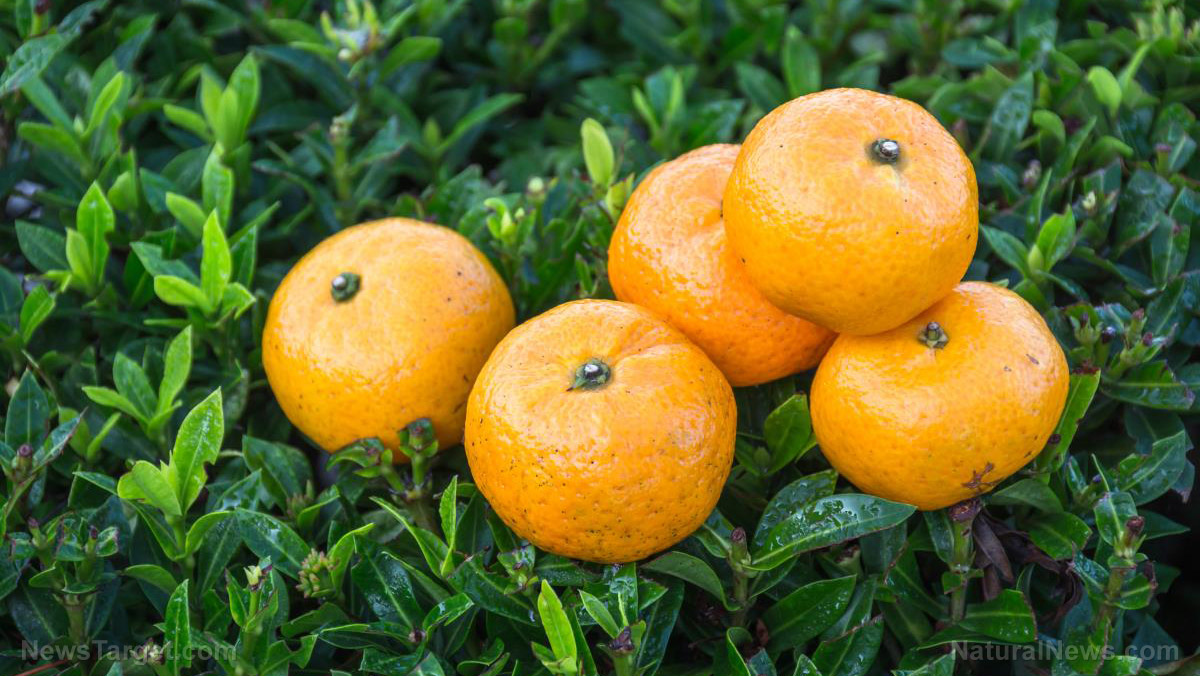Fish are ingesting plastic at higher rates, new research warns
03/22/2021 / By Divina Ramirez

Marine plastic pollution is a pervasive problem around the world. Now, new research shows that fish are eating plastic dinners at higher rates than before, including some species that are threatened or near-threatened.
Published in the journal Global Change Biology, the study revealed that marine fish are consuming 2.4 percent more plastic each year over the last decade. This trend is partly due to scientists’ increasing ability to detect smaller particles of plastic, thanks to improvements in methodology.
Worse, the study also revealed that the marine plastic pollution problem is affecting fish species unevenly, such that some are consuming more plastic debris than others.
With billions of people worldwide depending on fish for sustenance and financial security, the study warns that there is a growing number of fish species, including over 200 that are of commercial importance, dining on plastic.
Fish are eating more plastic
As consumerism takes the world by storm, more and more plastic end up in the global ocean. However, experts still lack an understanding of the consumption risk of marine fish species on a global scale.
To address that gap, researchers from the University of California, Davis and Stanford University collected all of the data they could find from studies on plastic ingestion by fish. In total, they reviewed 129 studies on 171,774 individuals of 555 species of marine fish.
The data allowed the researchers to look at broad trends, such as what species are affected and where. Plus, the team also considered several factors, such as where fish live and forage.

They found that 386 marine fish species have ingested plastic, including 210 species of commercial importance worldwide. However, 148 species had no previous records of plastic consumption. (Related: Microplastics found in 73 percent of fish in the Northwest Atlantic, according to latest research.)
Furthermore, 35 of those 386 marine fish species are listed as threatened or near-threatened, while another 26 are vulnerable to overfishing. These include the blue shark, Chinook salmon and Atlantic bluefin tuna.
They also found that the incidence rate of plastic ingested by fish was 26 percent up until the last decade. It has doubled since then, increasing by 2.4 percent per year. This rate is driven by both an increase in fish consuming plastic and better methodologies that help scientists detect smaller plastic bits.
The researchers also uncovered trends that explain why some fish are more vulnerable to plastic ingestion than others. For example, fish in heavily polluted East Asian waters ingested the most plastic debris. This is particularly concerning because fish caught in those waters help feed over two billion people.
The researchers also found that how fish forage affects their susceptibility to plastic ingestion. Fish species that are higher up on the food chain, such as predatory fish, are more likely to ingest plastic debris than smaller fish or bottom feeders.
Trends like these show that the problem of plastic ingestion is more complex than fish just eating plastic where there is more pollution, explained lead author Matthew Savoca.
But although fish are now ingesting more plastic, there is still little evidence to suggest that eating fish poses an immediate threat to humans – not yet, at least. According to Savoca, humans are more likely to ingest plastic by breathing in dust or chewing on plastic items like pen caps than through eating fish and other seafood.
Scientists know little about how plastic affects marine fish and even less about how it impacts humans who end up consuming it through contaminated fish. Hopefully, further studies on marine plastic pollution will help shed more light on its impacts on oceans and marine life.
Go to Pollution.news for more articles about the impacts of marine plastic pollution.
Sources include:
Submit a correction >>
Tagged Under:
This article may contain statements that reflect the opinion of the author





















